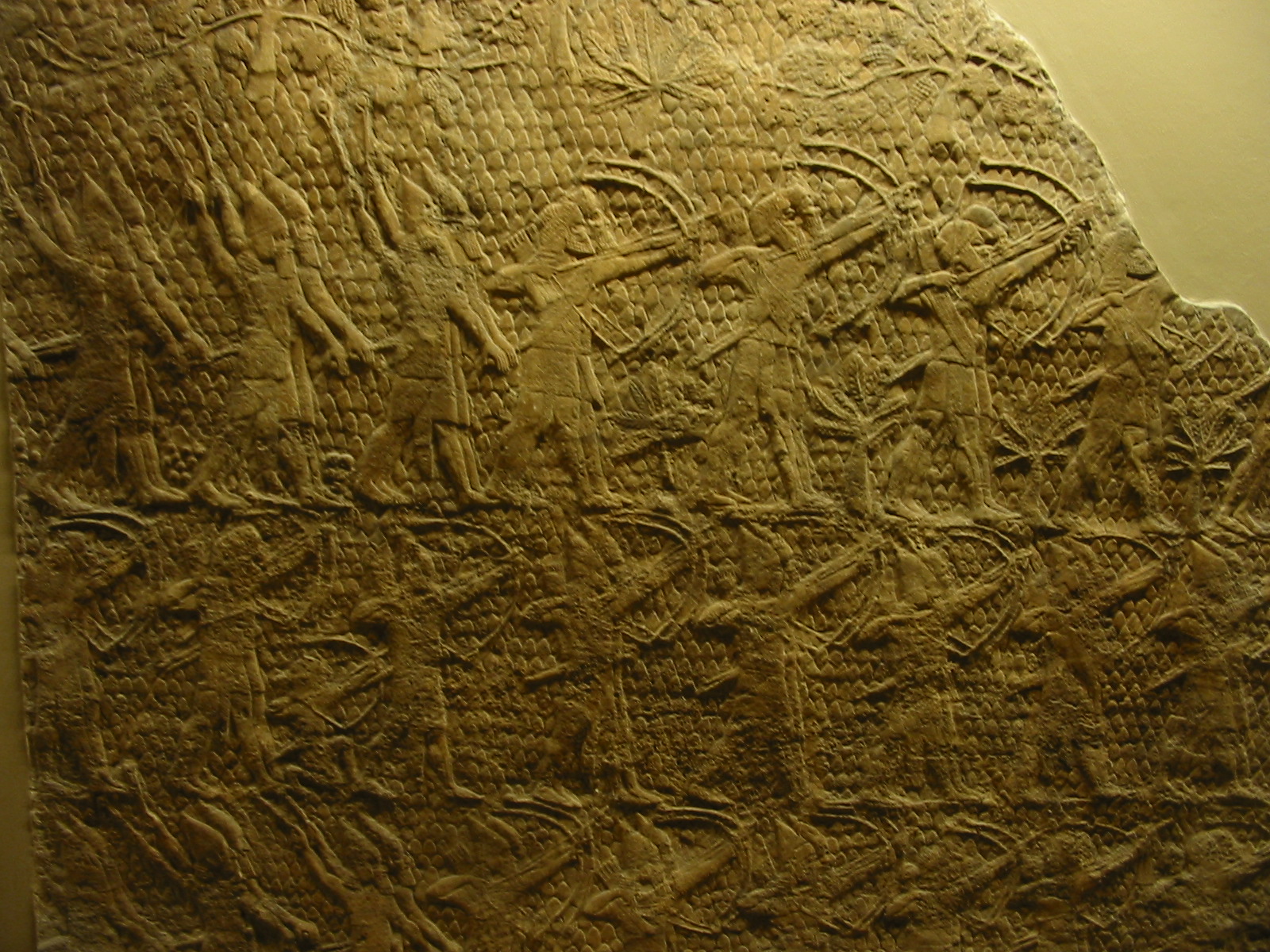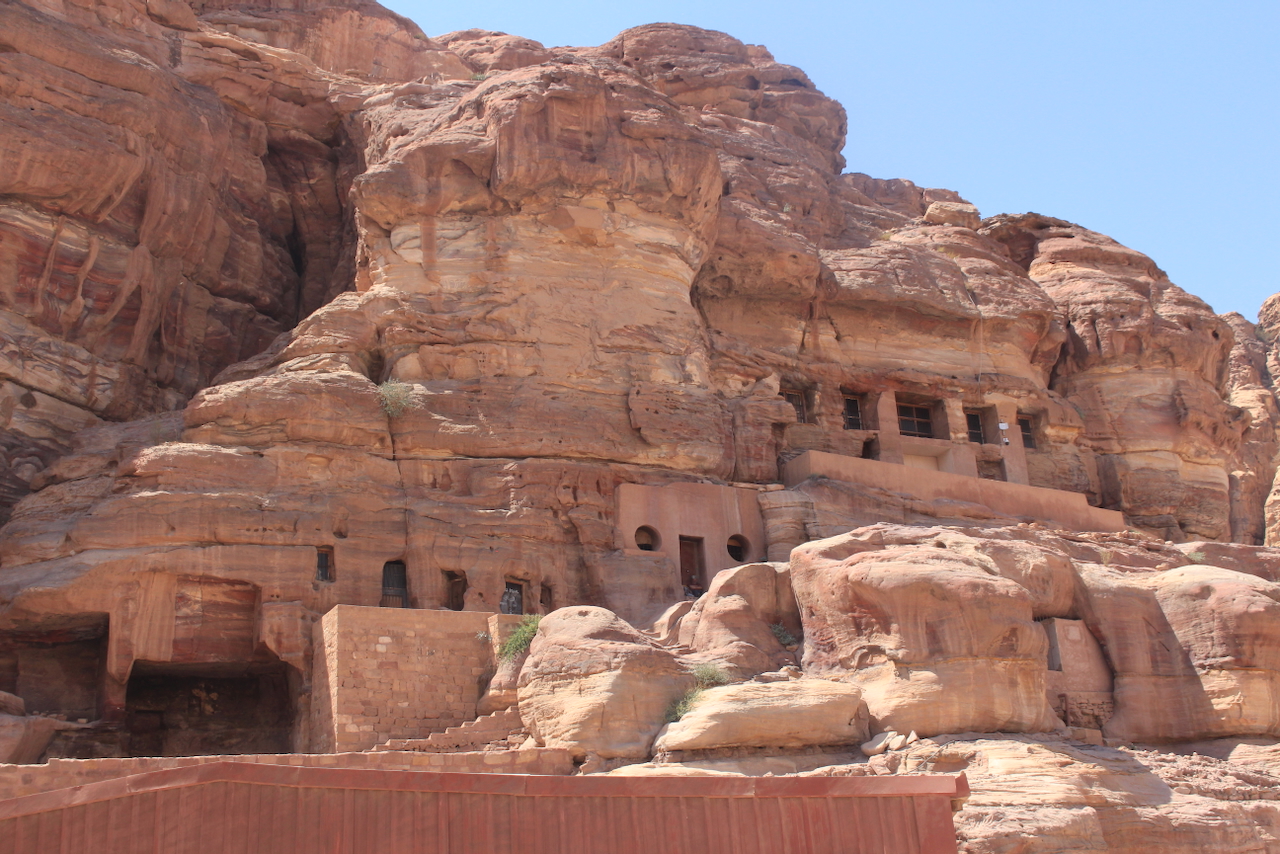Perseverance aims to fulfill God’s will.
Jesus challenges on basic concept
Nicodemus had a different heart.
God is slow to anger but great in power
What does Nahum tell us about God?
Heavenly wisdom
True wisdom will produce right living.
Untimely confidence
Wisdom counsels when to be confident. Where do we place our certainty?
Everything you need
With these you’ll have an excellent start.
Don’t rejoice over the misfortune of others
We should love our enemies, writes Jon Galloway.
That slippery tongue
There is a great joy for those who properly teach.
What the nobleman in Cana can teach all fathers
No matter our position in life, no matter where we live, no matter the issue we face, there is a lesson to be learned.
God desires a change of heart
Joel’s message is the same one we need to hear.









